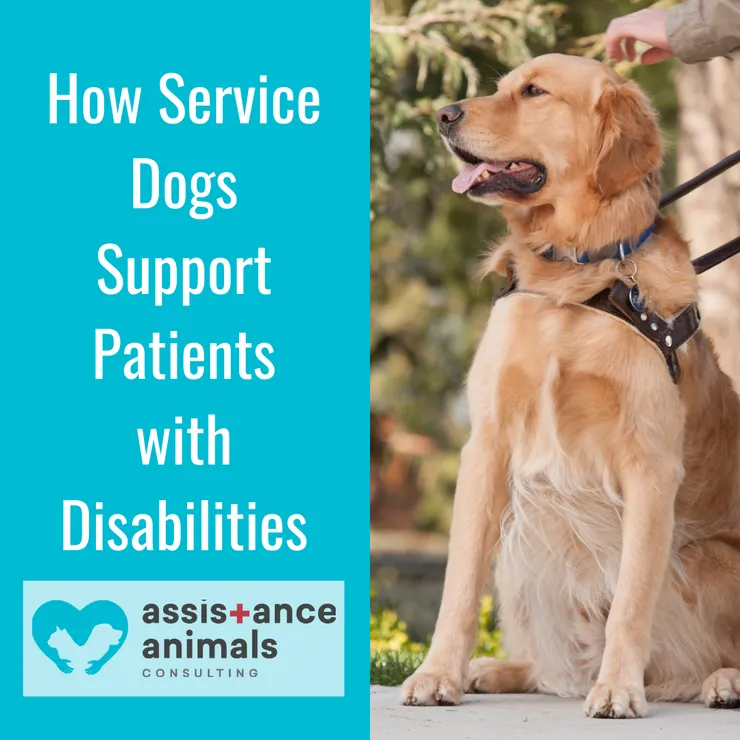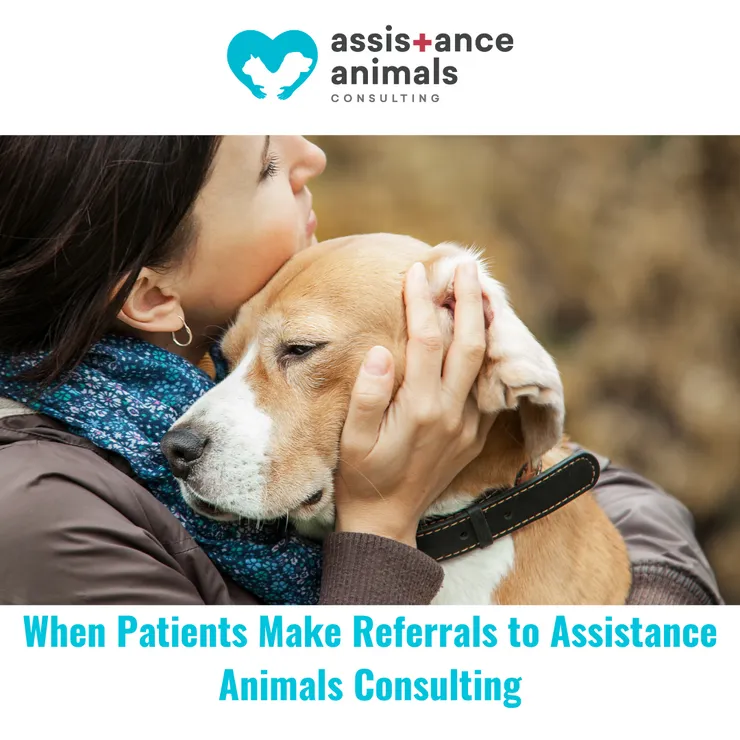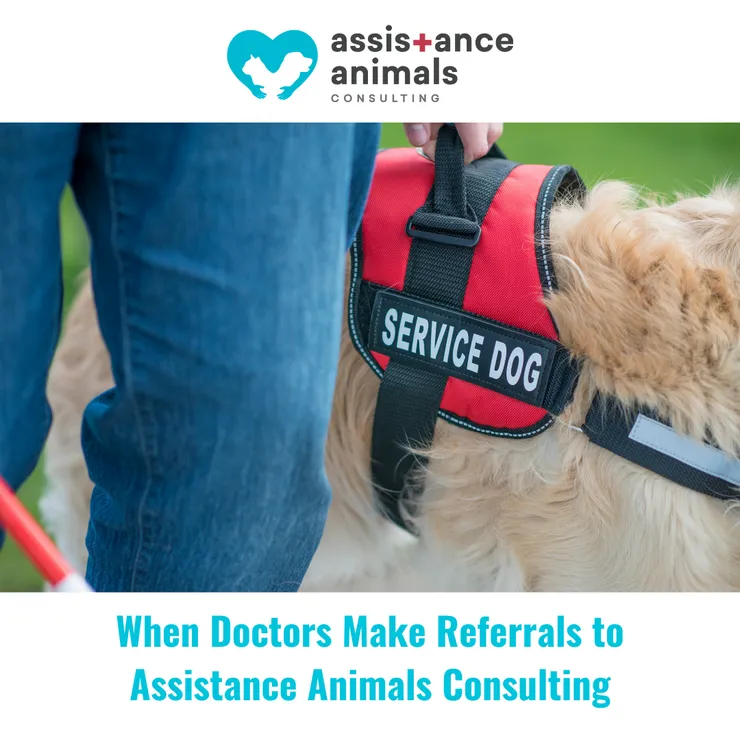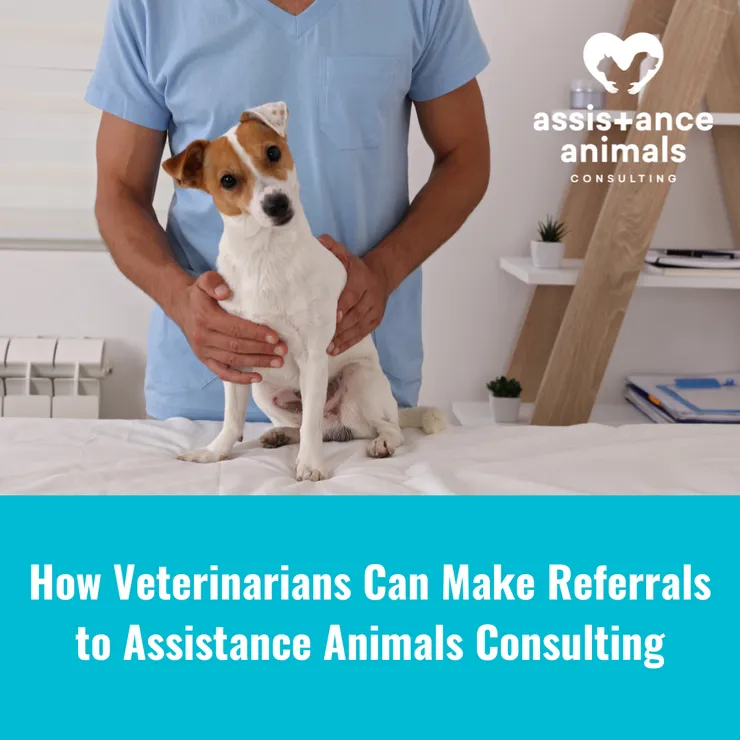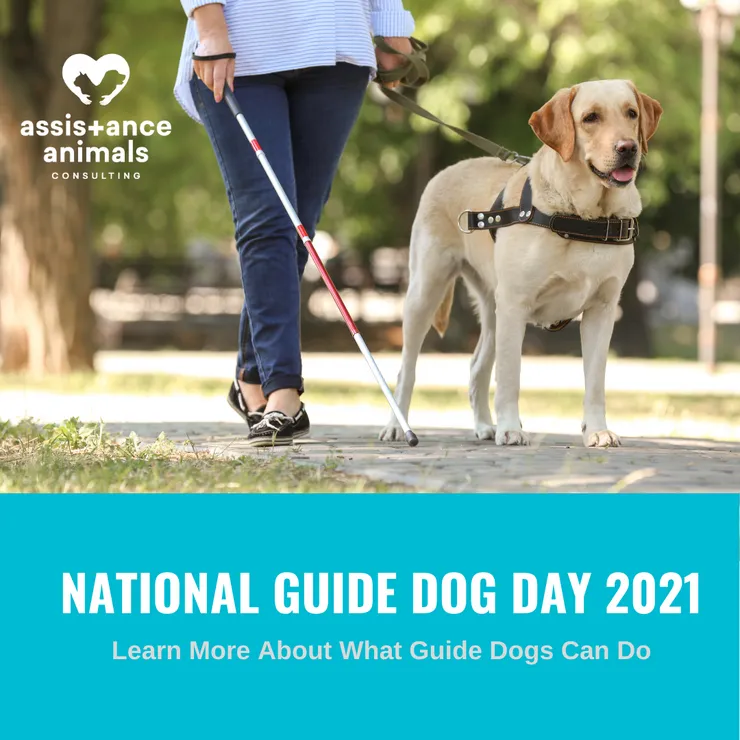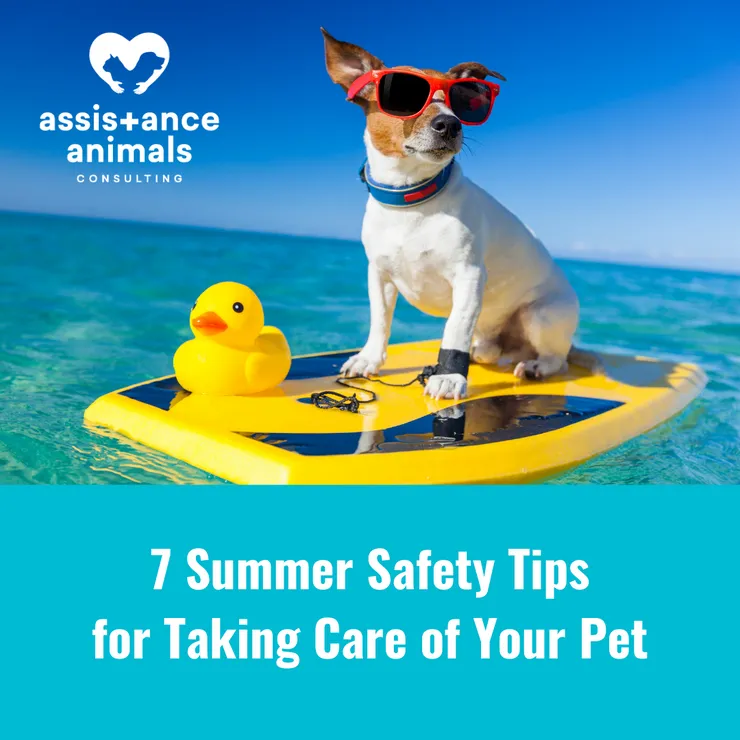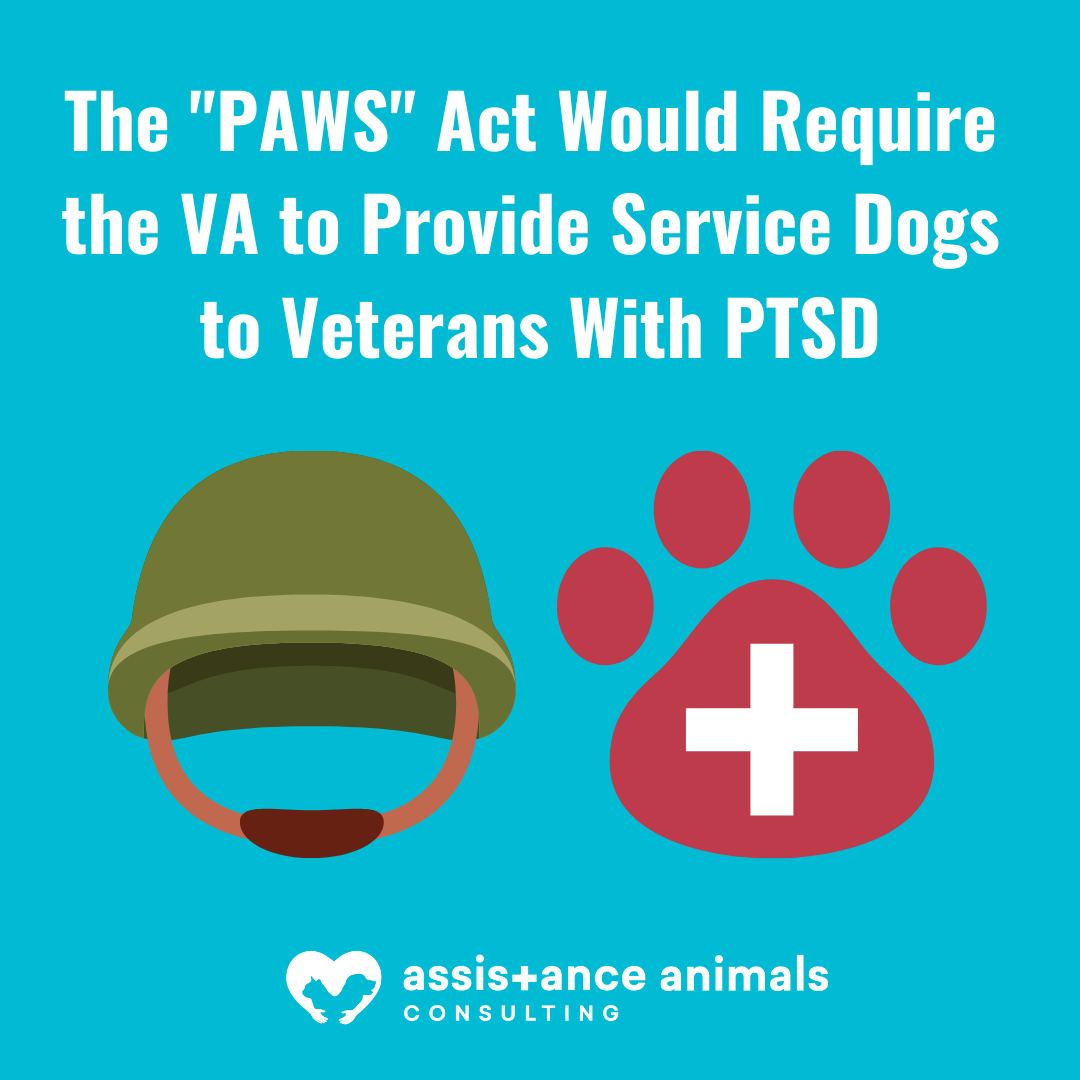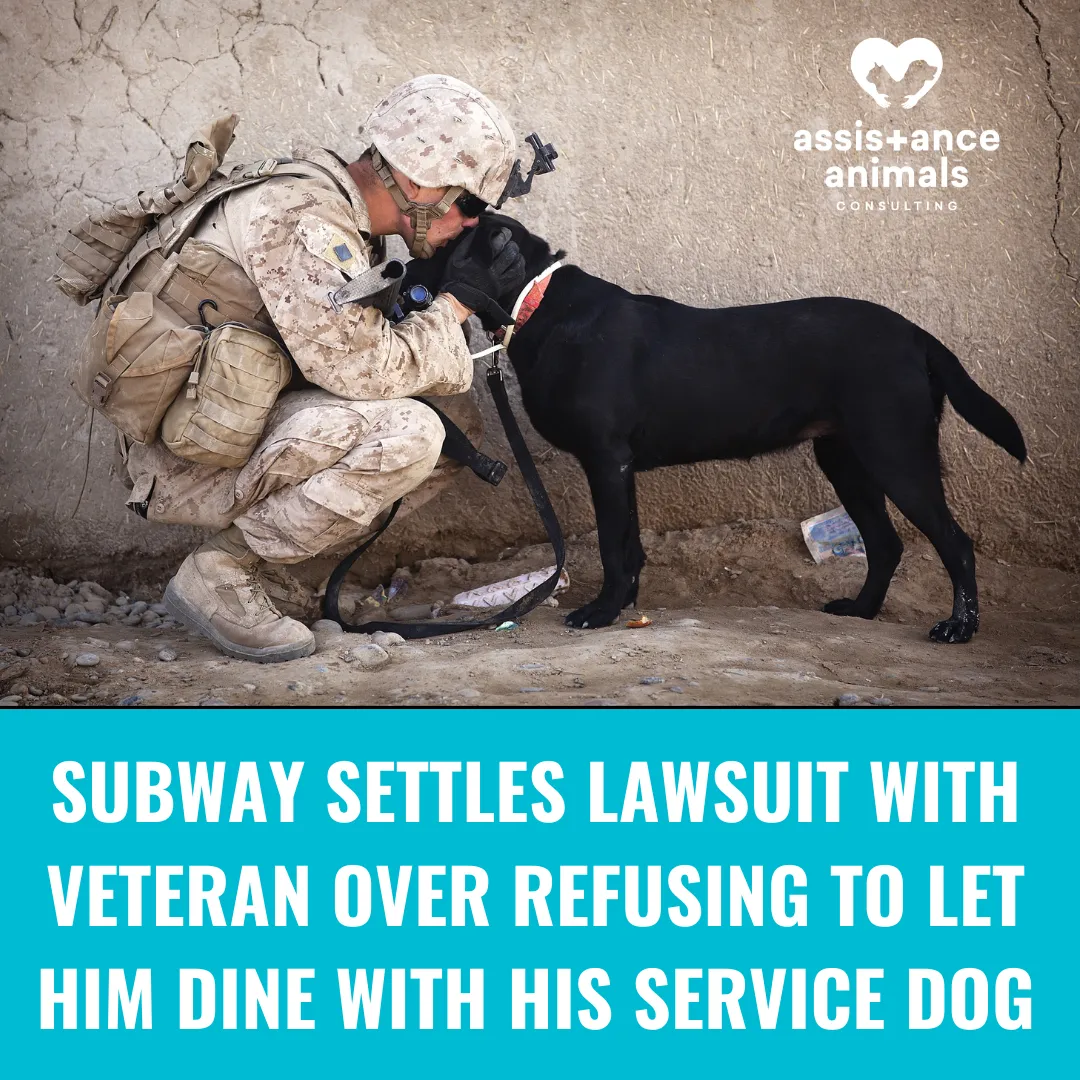Tips for Taking Care of Your New Pet
Tips for Taking Care of Your New Pet
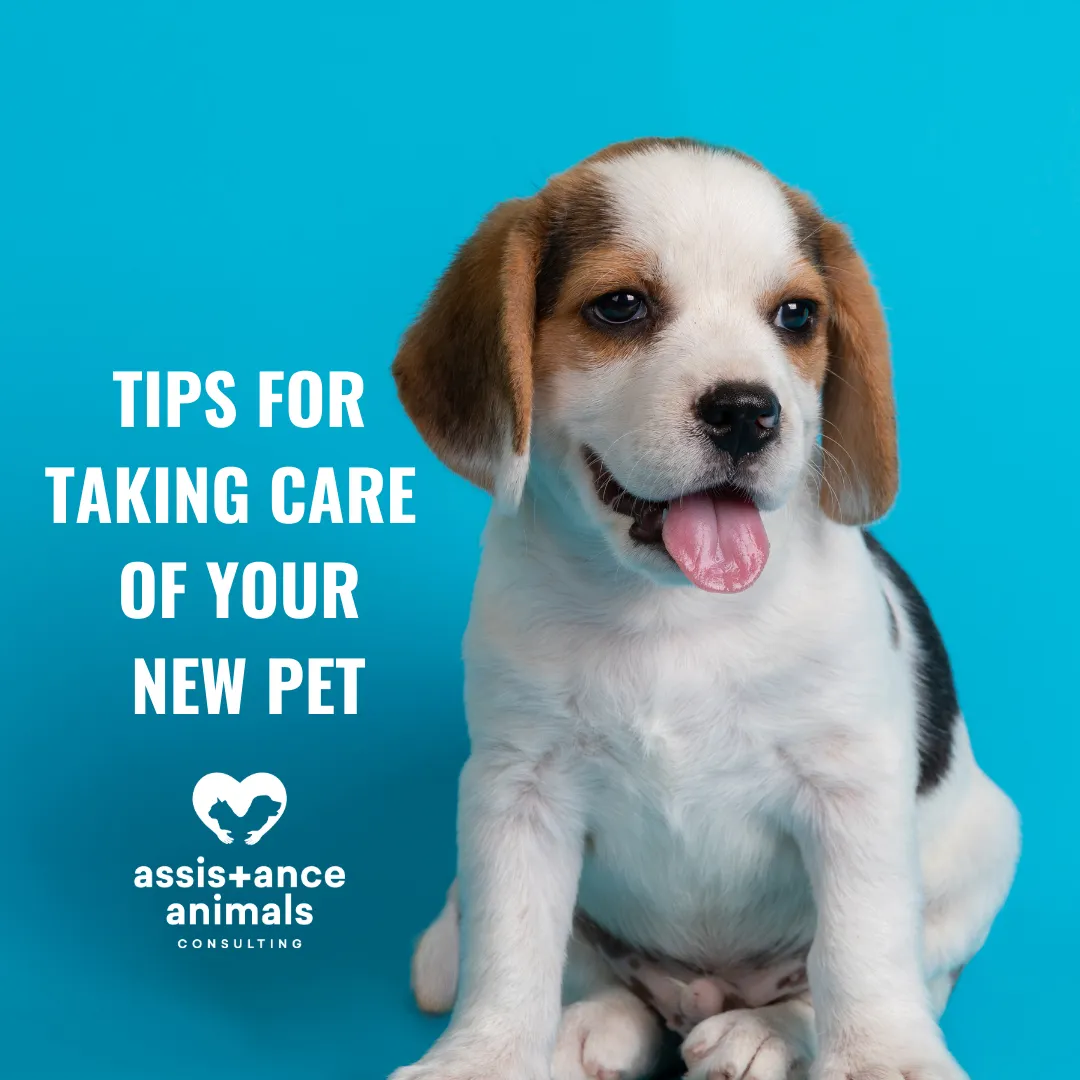
Did you get a new pet? Here are some tips for taking care of your new puppy or kitten to get you off to the right start.
1. Get a Veterinary Appointment
Whatever the new pet in your life, the first place to start is with a veterinary checkup. This will help ensure your new pet is healthy and free of any serious health issues, birth defects, or other concerns. It will also help you establish a preventative health routine with your veterinarian to ensure your pet is healthy for years to come. Some pets may require vaccinations or treatments to prevent parasites. Your veterinarian can also provide advice on training, nutrition, and more.
2. Start with Quality Pet Food and a Proper Diet Routine
High quality pet food is essential for general pet health. It is important to understand that some cheaper foods include low-quality ingredients that may be harmful or lead to digestive issues for your pet, which could be much more costly in the end. It is also important to establish a proper diet routine for your pet. Different pets require different diets depending on their size and breed. This could be discussed in your first veterinary checkup if you have questions about what is best for your pet. Some pets need to eat once daily while others need a few small meals per day for the best health.
3. Establish a Bathroom Routine
House training for puppies and litter box training for kittens are usually very high priorities for new owners. It takes patience, planning, routines and positive reinforcement to help your new pet learn a bathroom routine. Accidents will happen at first, so also make sure you have plenty of cleaning supplies on hand to deal with the mess as they learn. Refrain from punishing for accidents and instead focus on positive reinforcement when they do go properly. But most importantly it is up to you to help set the routine. Be diligent about taking them out or taking them near the litter box. The more they get used to a routine with eating and going out the more predictable the bathroom routine will become.
Here are some good times to consider taking your puppy out:
- First thing in the morning after you wake up and right before bedtime. (It is a long time to hold it as you sleep - so this can help cut down on overnight or early morning accidents.)
- Immediately after they have eaten or they drink lots of water.
- When your puppy wakes from a nap.
- Remember to reward them when they do go outside as reinforcement.
Tips for litter box training:
- Start with quality litter. You want kitty litter that will be very absorbent to help combat odor. Litter boxes with covers can also help reduce some of the smell.
- When you see your kitten using the litter box, reward them with a cat treat or a few pieces of cat food.
- Maintain the litter box often. Don't let your litter box become too dirty as your kitten may be turned off by that. Maintain litter by scooping out clumps daily and then replace the kitty litter often.
- Take your cat to the litter box right after eating or drinking to reinforce that this is the place to go.
- Use an enzyme cleaner to clean areas outside the box if your kitten has accidents.
4. Teach Obedience
Obedience training is an important step particularly for puppies who can be more rambunctious. You want to help your pet establish good manners so they have positive social interactions. It can also help with safety, for example learning when to sit or stay may be used to command them in a situation where they would try to run into the road, etc. With obedience training using clear commands, repetitive routines to teach, and positive reinforcement are best. There are also obedience classes offered in most areas if you want to go with a professional trainer. Your veterinarian can also be a good resource if you are dealing with things like aggressive behavior or other concerns.
5. Pet Proof Your Home
You will want to ensure a safe environment for your new pet and ensure your belongings are protected as well. This is similar to toddler-proofing a home. Check for low lying electrical cords, any potential toxins, and think about breakable items. Baby gates can be a good choice for blocking off certain areas. Electrical cords can be covered with simple supplies from a hardware store. Keep all chemicals out of reach or away in cabinets or drawers. Using a trash can with a cover or keeping your trash behind a closed door in another room can help prevent puppies from getting into it.
6. Spend Quality Time with Your Pet
Other than caring for basic needs like shelter, food, and water one of the most important things you can do to keep your pet happy and healthy is to spend quality time with them. Socializing with your pet will also improve your Human-Animal bond. This time will benefit you both. Pets can be a great way to ease stress or provide comfort. You can nurture your bond with affection, attention, grooming, playtime, or by going for a walk. It is also important to allow boundaries. If your pet doesn't want to socialize at a particular time (for example some cats are less cuddly than others) it is also important not to force it. By allowing the bond to form naturally and mutually it will make your relationship better for you both.
If you have a new pet and would like some professional advice on setting routines, establishing the proper diet and nutrition guidelines, or other concerns consider an online consultation with Assistance Animals Consulting. Our veterinarians are available for online appointments to support you and your pet with the help you need as you start your new journey together.
